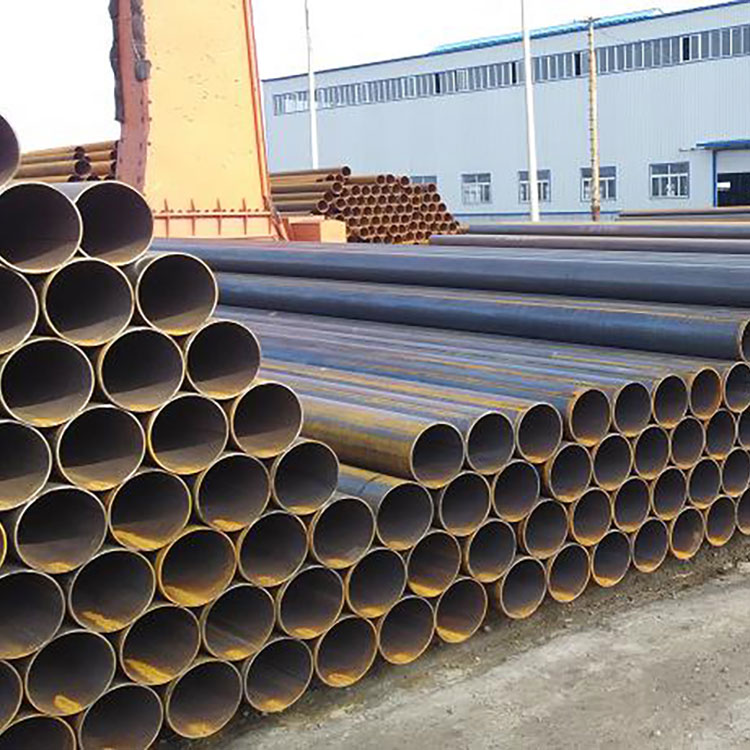Steel Pipes: Powerhouses in High-Pressure Applications
2024-01-30
Introduction:
In the world of fluid transport and high-pressure systems, the choice of materials is critical to ensuring safety, durability, and efficiency. Steel pipes have emerged as stalwart components, particularly in high-pressure applications where robustness and reliability are non-negotiable. This blog explores the myriad advantages that steel pipes bring to the table in such demanding scenarios.
1. Exceptional Strength and Durability:
Steel is renowned for its exceptional strength and durability. When it comes to withstanding high-pressure conditions, steel pipes excel. They maintain their structural integrity even under extreme pressures, ensuring a reliable and long-lasting solution for industries such as oil and gas, chemical processing, and power generation.
2. Pressure-Resistant Material:
Steel's innate strength allows it to withstand high-pressure environments without succumbing to deformation or bursting. This makes steel pipes a preferred choice for applications where maintaining pressure is crucial, such as in hydraulic systems, pipelines, and industrial processes requiring precise pressure control.
3. Corrosion Resistance:
Corrosion is a common adversary for materials exposed to various environmental conditions. Steel, especially when coated or alloyed with corrosion-resistant elements, exhibits remarkable resistance to corrosion. This feature is vital in high-pressure applications where the structural integrity of pipes must be preserved over time, minimizing the risk of leaks and failures.
4. Wide Range of Sizes and Thicknesses:
Steel pipes offer versatility in terms of sizes and thicknesses, catering to the diverse needs of high-pressure applications. Whether it's a small-diameter pipe for a hydraulic system or a large-diameter pipe for a high-pressure pipeline, steel's flexibility allows for customization according to specific requirements.
5. Ease of Fabrication and Installation:
Steel pipes are known for their ease of fabrication and installation. They can be welded, threaded, or grooved to fit the specifications of a particular high-pressure system. The malleability of steel simplifies the manufacturing process, reducing production time and costs while ensuring precision in design.
6. Heat Resistance:
In high-pressure applications, elevated temperatures are often encountered. Steel's high melting point and heat resistance make it well-suited for environments where temperature fluctuations are common. This characteristic ensures that steel pipes maintain their structural integrity and performance even in challenging thermal conditions.
7. Cost-Effective Solution:
While the initial cost of steel pipes may be higher than some alternative materials, their long-term cost-effectiveness is undeniable. The durability and low maintenance requirements of steel result in reduced replacement and repair costs over the life of the system, making it a financially sound choice for high-pressure applications.
8. Environmental Sustainability:
Steel is a highly recyclable material, contributing to its environmental sustainability. The recycling process does not compromise the quality or strength of steel, making it an eco-friendly option for industries striving to reduce their environmental impact. This aligns with the growing emphasis on sustainable practices in various sectors.
Conclusion:
Steel pipes stand as formidable pillars in the realm of high-pressure applications, offering a combination of strength, durability, and versatility. Their ability to withstand extreme pressures, resist corrosion, and adapt to various fabrication requirements makes them indispensable in industries where reliability is paramount. As technology advances and industries evolve, the role of steel pipes in high-pressure systems continues to be a cornerstone of safety and efficiency.



